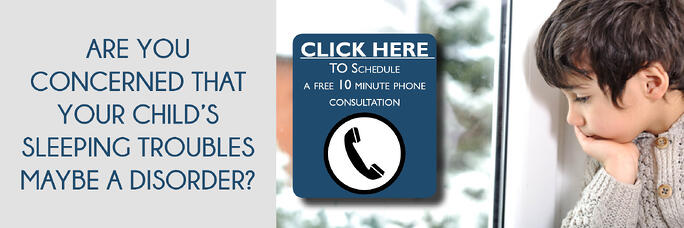
Diabetes affects the lives of over 30 million people; and research shows that children who get too little sleep are more likely to have risk factors for type 2 diabetes.
Diabetes and Sleep Apnea in Children
The study of more than 4,500 youth found a link between kids’ sleep habits and certain diabetes “risk markers.” Children who slept fewer hours each night tended to be a bit heavier and show more insulin resistance.
Insulin is a hormone that regulates blood sugar levels. When the body starts to become resistant to insulin, it can be a precursor to type 2 diabetes.
So, the findings raise the possibility that childhood sleep habits could affect the odds of diabetes — or other health conditions — later in life, said researcher Christopher Owen.
“We believe that these small differences early in life could plausibly persist,” said Owen, a professor of epidemiology at St. George’s, University of London.
Past studies, he noted, have found that diabetes risk can “track” from early life to adulthood.
What Can Parents Do?
Dr. Mercedes Bello directs the sleep disorders center at Nicklaus Children’s Hospital in Miami. She said it’s plausible that inadequate sleep could directly affect children’s
 weight and insulin resistance, since sleep influences the release of various hormones.
weight and insulin resistance, since sleep influences the release of various hormones.Bello had advice for parents on helping school-age kids get enough sleep: Turn off the TV and electronic devices about an hour before bedtime, since the blue light can disrupt sleep. Limiting liquids close to bedtime — and caffeine, in general — can also help, she said.
According to the National Sleep Foundation, children aged 6 to 13 should get nine to 11 hours of sleep each night.
The new findings are based on 4,525 children from the United Kingdom, aged 9 and 10, who were asked about the usual bedtimes and rising times on school days. The researchers measured the kids’ weight, height and body fat, and took blood samples to test their insulin and blood sugar levels.
On average, the study found the children were getting 10.5 hours of sleep each night — solidly within the recommended amount.
Still, there was a wide range in sleep habits: Some kids got only eight hours of sleep a night, while others typically got 12.
Overall, the study found, long sleepers tended to be a bit thinner and have less insulin resistance.
The findings suggest that extra sleep could be a “simple, cost-effective approach to reducing body fat and type 2 diabetes risk from early life.”
What are Your Child’s Sleep Needs?
The National Sleep Foundation has more on children’s sleep needs.
If you live in Alaska and are ready to get proactive about treating your or your child’s sleep deprivation, click below to schedule a free 10-minute phone consultation with a sleep educator to determine if a sleep study is right for your family.
We are one of only two sleep labs in Alaska with a Pediatric Medical Director. Dr. Harry Yuan is a Pediatric Pulmonologist with Providence Hospital and works with our pediatric patients in Anchorage, Wasilla, Soldotna and Fairbanks.
November is American Diabetes Month. Take action for yourself or for a loved one and make a difference! Can we count you in?












